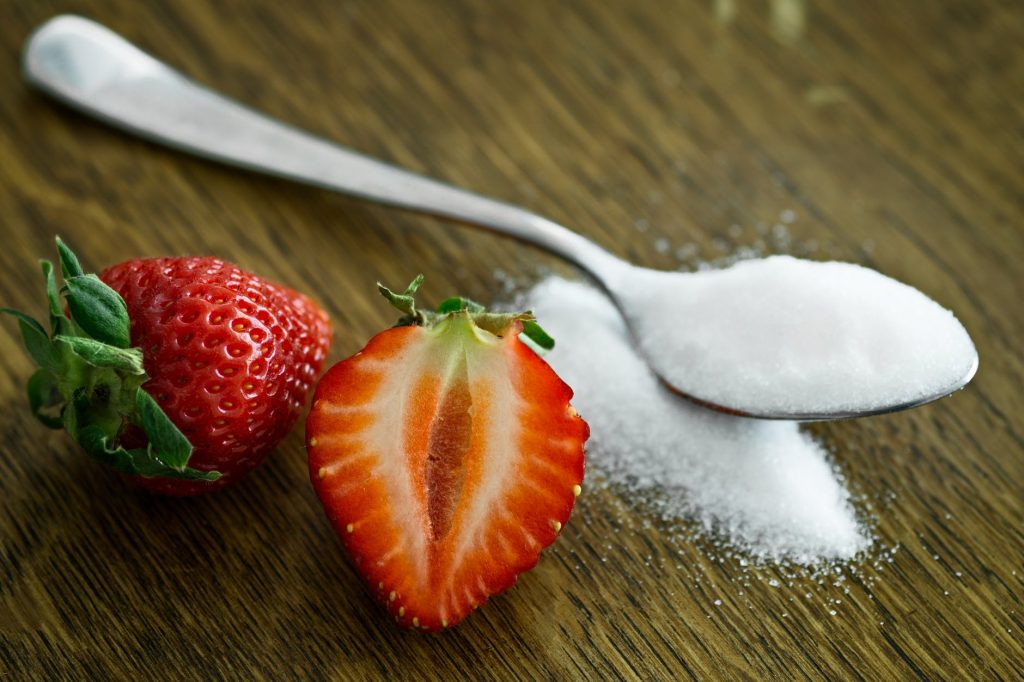12th December 2019
Sugar Reduction
Research from the FMCG Gurus Global Active Nutrition study (2019 – 26,000 respondents) shows that 44% of consumers say that they are aware or very aware of the amount of sugar that they have eaten in the past 24 hours, higher than the 41% who track calories and the 39% who track fat. This suggests that sugar has overtaken other concerns as the main dietary evil, and avoiding it has become a priority for health-conscious consumers.

Despite these concerns, though, consumers are not always as motivated as they might like. 33% of consumers who say that they planned to cut down on sugar a year ago failed to do so, suggesting that it is hard to avoid: unsurprising, considering how frequently it is used. A major barrier to cutting down on sugar can be negative feelings towards alternative sweeteners: using the FMCG Gurus UK Country Profile Survey as an example, we can see that only 11% of consumers thought that consuming artificial sweeteners would be good for their health, compared to the 51% that thought it would have negative effects. Natural sweeteners are better regarded but have their own issues. Looking back to the global report we can see that 66% of consumers believe natural sweeteners to be healthier than sugar, but they face an awareness issue. Only 43% say that they have consumed food and drinks with stevia as a sweetener, and those numbers drop significantly looking at agave (29%) and molasses (26%).
Although consumers have positive feelings towards natural sweeteners in general, there seems to be a disconnect between this and specific ingredients. This suggests that consumer education is a priority, and brands should be aware of the skepticism towards artificial options: using this sort of insight is important to position products to consumer’s needs.